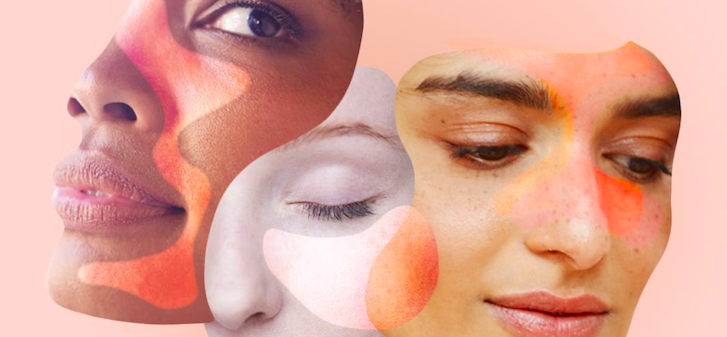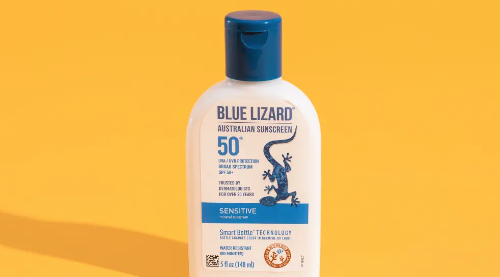Psychodermatology, a fascinating field where psychiatry meets dermatology, is gaining traction as healthcare professionals recognize the profound interplay between the mind and the skin. In a recent episode of the Derm Club Podcast, Dr. Ladan Mostaghimi shed light on this crucial intersection and discussed her work in this rapidly developing field.
Historically, there’s been a stigma associated with mental health issues. However, as Dr. Mostaghimi highlighted, societal perceptions are changing, especially in the wake of the COVID-19 pandemic. There’s an increasing acceptance and understanding of mental health issues and an amplified call for integrating mental health services into other areas of internal medicine. This integration aims to improve patient outcomes and foster collaborative care across specialties.
A significant topic that Dr. Mostaghimi delved into was the classification of psychodermatological disorders. There’s a pressing need to streamline research and communication between dermatology and psychiatry by integrating DSM-5 diagnoses into dermatology. For example, the term ‘excoriation disorder,’ which refers to skin-picking behavior, exists under numerous names in dermatological literature, making research challenging. Streamlining these terms can facilitate better cross-specialty understanding and research.
Approaching patients suffering from psychodermatological disorders requires empathy and understanding. Dr. Mostaghimi emphasized that for those who tie their self-worth and identity to their skin condition, practitioners need to conduct suicide risk assessments, screen for depression and anxiety, and work on bolstering the patient’s self-esteem. She stressed the importance of helping patients focus on their broader life and talents beyond their skin condition.
Our discussion also touched upon the link between Post Traumatic Stress Disorder (PTSD) and skin conditions like chronic idiopathic urticaria. Research shows a high prevalence of this itchy skin condition among PTSD patients, which may result from PTSD-induced alterations in hormonal and sympathetic nervous system responses leading to inflammation and itching.
Differentiating between a psychosomatic and physiological itch can be challenging. Dr. Mostaghimi suggested that psychosomatic diagnosis is one of exclusion, requiring comprehensive skin examination, blood checks, and screening for mental health issues. Anxiety, for instance, can lower the tolerance threshold for itching, thereby escalating the itching-scratching cycle.
The treatment of psychodermatological conditions often requires a multi-modal approach. Dr. Mostaghimi recommended the use of screening tools such as the PHQ-9 for depression and GAD-7 for anxiety. Depending on the patient’s unique situation, a range of therapeutic strategies from cognitive behavioral therapy to mindfulness and family therapy can be beneficial.
Dr. Ladan Mostaghimi underscored the existence of three types of psychocutaneous clinics – each with its distinct advantages and drawbacks. The first type involves a collaborative practice where dermatologists and psychiatrists or psychologists work in the same clinic, aiming to provide integrated care. Another model sees a dually trained physician addressing patients’ needs in a tertiary care psychodermatology clinic. The final type involves dermatologists initially seeing patients, then referring them to psychiatric professionals trained in psychodermatological medicine. This approach, while effective, hinges on a strong patient-practitioner rapport to ensure patient compliance with psychiatric referrals. Despite the operational differences, the key goal across all these models is to offer comprehensive care to patients grappling with psychodermatological disorders.
Clearly psychodermatology is a burgeoning field that possesses enormous potential to elevate patient care by merging psychiatry and dermatology. By maintaining transparent conversations, we can continue elevating awareness about psychodermatological disorders, thereby advocating for integrated and empathetic care for those affected.





